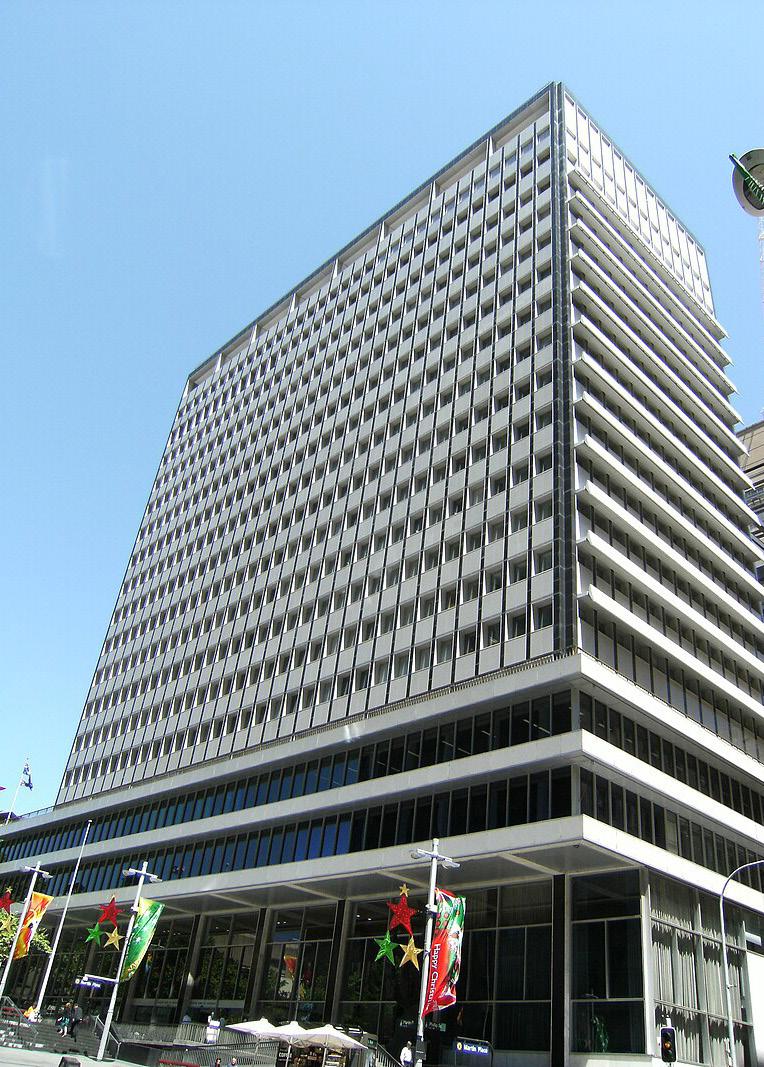
4 minute read
Political roadblocks & future of Australia’s central bank reforms
From the editor’s desk
The Reserve Bank of Australia (RBA) finds itself in the middle of a hot and intense political battle. The opposition parties are blocking key reforms aimed at making the institution more independent. For such a long time, these much-needed reforms were dubbed crucial for the proper management of the economy, yet they hit a snag. So, what happens to Australia, and what is at stake, really?
Hence, the cardinal notion behind these reforms is to break the RBA into two functional bodies. The first one has to address interest rates while the second has to focus more on governance. The objective of these reforms is simple: monetary policy—decisions affecting inflation, interest rates, and economic growth— should never be entrusted to politicians. It is said that through making the RBA more independent, it can very well respond to the challenges facing Australia.
These reforms are headed by Treasurer Jim Chalmers. He has been advocating for their adoption and is of the opinion that without such reforms, the RBA will not be adequately prepared when crisis strikes again. He holds as clear evidence the behaviour by the RBA regarding interest rates during the COVID-19 epidemic. Many critics argued that the RBA was slow and inflexible during the economic shocks imparted by the pandemic to Australia. But it's far from smooth sailing. Against him is a powerful political opponent-the Shadow Treasurer Angus Taylor and the Liberal-National party who have effectively blocked the reforms in parliament. They claim that the existing structure of the RBA works just fine and see the proposed changes as unnecessary and possibly disruptive.
It has now become a political fight. On one side, there are those who feel the RBA needs to be modernized, more insulated from political pressure, and have a more diversified decision-making process. The opposing figures are those who feel any heavy restructuring would do more harm than good. Chalmers is not giving in, however. He has begun to negotiate with the minority parties, such as the Greens, trying to win them over for these reforms. And maybe that will involve compromise. He's going to have to water down what he originally proposed just to get it over. That makes the reforms almost unrecognizable.
The broader debate here has not been merely on the kind of structure involved in the RBA. It is about the degree to which politics should inform economic policy. Central banks such as the RBA are structured to be independent so that very tough decisions are made in support of the economy. However, critics argue that, in times of crisis at least, the RBA has not always acted this way.
The reformers regard this as an opportunity to put it right. A more independent RBA would do a better job of addressing issues like inflation and the prospect of some economic slowdown, and help Australia insulate itself from the shocks of global unpredictability.
On the other hand, LiberalNational party's unwillingness to assent for the reforms underlines the economic management-political influence 'out of kilter'. Their posture holds more symbolic meanings than sound action. So what if those reforms do not pass? Likely, the RBA will still be conducted under a system, which many observers believe, is unsound and probably unprepared to tackle the demands of the new economy. Since the RBA cannot change, the exposed economy will most probably respond more to external shocks, such as another global financial crisis, or even domestic inflationary pressures. Everything-from jobs to the interest rate on home loans-could be affected.
Precisely, the impact of the political battle will last beyond the reforms themselves. If Treasurer Chalmers succeeds, it might set a precedent for further economic reforms, making RBA stronger and more independent by using their authority. But if he does not succeed, the opposition might block such attempts towards reforming Australia's economic institutions for many years to come.










